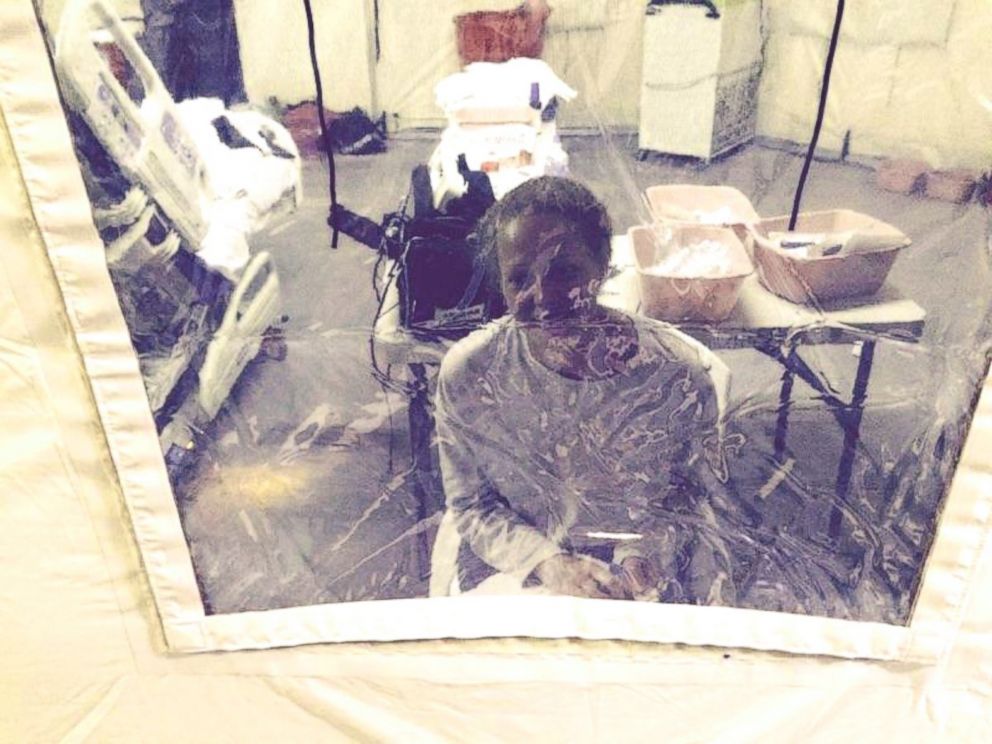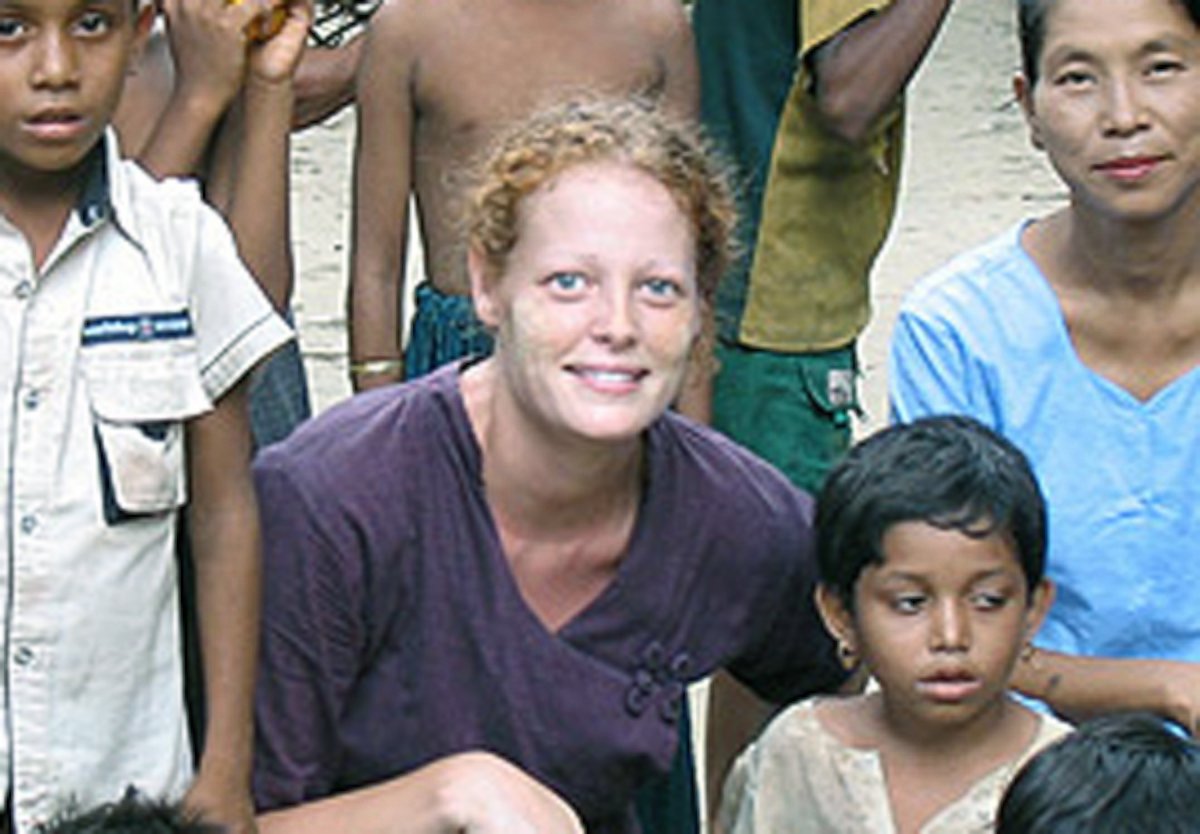Nurse Kaci Hickox 'Will Go to Court' Over Maine Ebola Quarantine Rule
Ebola nurse Kaci Hickox is in a quarantine in Maine.
— -- Kaci Hickox, a nurse who treated Ebolapatients and threatened to sue New Jersey over being quarantined before she was discharged, today threatened to sue Maine if officials there do not lift a 21-day quarantine restriction.
“I will go to court to attain my freedom,” Hickox told “Good Morning America" today via Skype from her hometown of Fort Kent, Maine. "I have been completely asymptomatic since I’ve been here. I feel absolutely great.”
Maine's health commissioner said Tuesday night the state will "pursue legal authority if necessary" to keep her quarantined.
Hickox, 33, arrived at Fort Kent Monday. She was discharged from a New Jersey hospital after spending the weekend quarantined in an outdoor isolation tent at University Hospital in Newark, New Jersey.
The Doctors Without Borders nurse was checked by officials at Newark Liberty International Airport Friday after arriving from treating Ebola patients in Sierra Leone. Hickox says she believes the temperature that officials said prompted her detainment in the hospital isolation tent was incorrect.
“I believe that the forehead scanner used to take that temperature was completely inaccurate,” Hickox said. “I didn’t take any anti-fever medicines while at the airport and when I arrived in the isolation facility they took my temperature by an oral thermometer and it was completely normal.
“You don’t get rid of a fever without taking something within a couple of hours, so I think we need to discuss also the instrumentation that officials are using,” she said.

When Hickox arrived in Maine, the state’s governor ordered her to abide by that state’s policy that health care workers who arrive from West Africa remain under a 21-day home quarantine, with their condition actively monitored.
“I remain really concerned by these mandatory quarantine policies for aid workers,” Hickox said today. "I think we’re just only adding to the stigmatization that, again, is not based on science or evidence.”
Maine Department of Health and Human Services Commissioner Mary Mayhew said Tuesday night, "We acknowledge that this protocol may go slightly beyond the federal guidelines," but called it a "common-sense approach."
Mayhew also said that Maine will insist on the protocol being observed.
"We do not want to have to legally enforce an in-home quarantine. We are confident that the selfless health workers, who were brave enough to care for Ebola patients in a foreign country, will be willing to take reasonable steps to protect the residents of their own country. However, we are willing to pursue legal authority if necessary to ensure risk is minimized for Mainers," Mayhew said.
CDC spokeswoman Barbara Reynolds told ABC News that the federal agency only ordered the testing on Friday night after New Jersey health officials said Hickox had developed a symptom (the fever as registered on a forehead scanner). According to CDC guidelines, though, Hickox would not even have been at the hospital or airport by the time the alleged fever registered after 7 p.m. ET because she was not symptomatic when screened at Newark International Airport.
Hickox’s attorney, Steven Hyman, says his client, who last treated an Ebola patient Oct. 21, does not meet the threshold for quarantine.
“The standard is, does Kaci have an infectious disease or agent? Is she harboring an infection?” Hyman said today on “GMA.” “The answer is no. Medically, there is no basis to quarantine Kaci at this point in time.”

Hickox says she does not understand the public’s concern over health care workers arriving back home in the United States.
“I think we really have to stick to the facts and the science and I think we also need to look historically,” HIckox said. “I haven’t seen any science that says this is a huge risk and I have seen science that says self-monitoring works.
“Self-monitoring is a humane, understandable, prudent solution,” she said.
Get real-time updates as this story unfolds. To start, just "star" this story in ABC News' phone app. Download ABC News for iPhone here or ABC News for Android here. To be notified about our live weekend digital reports, tap here.




